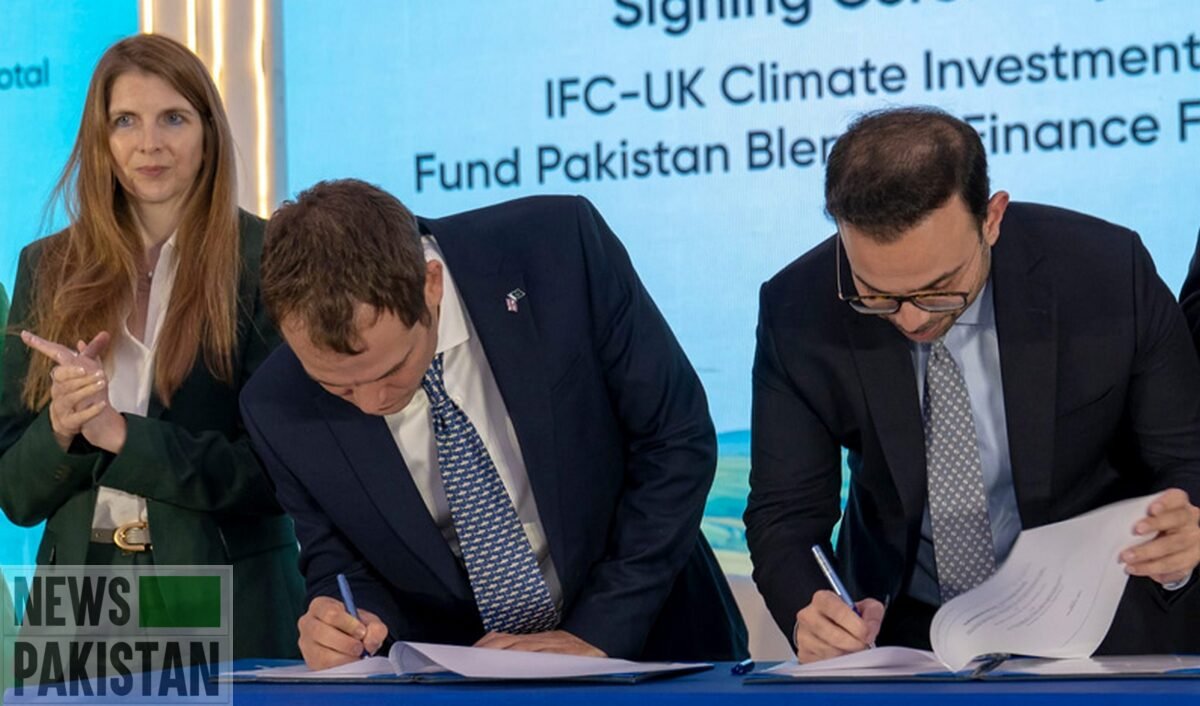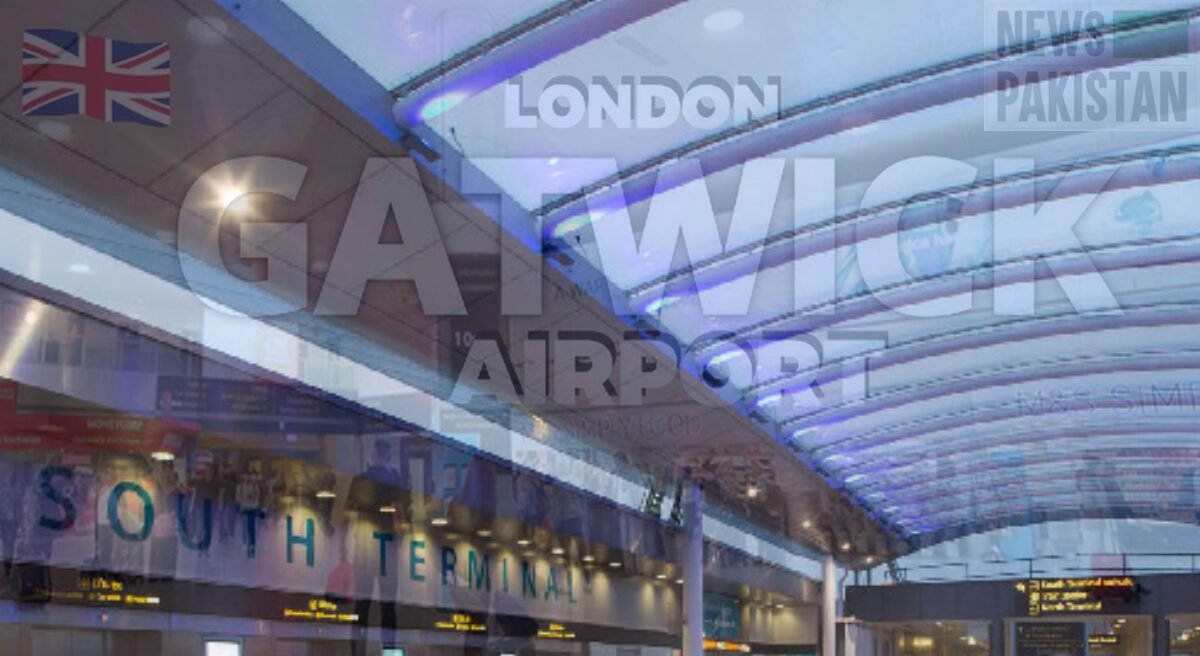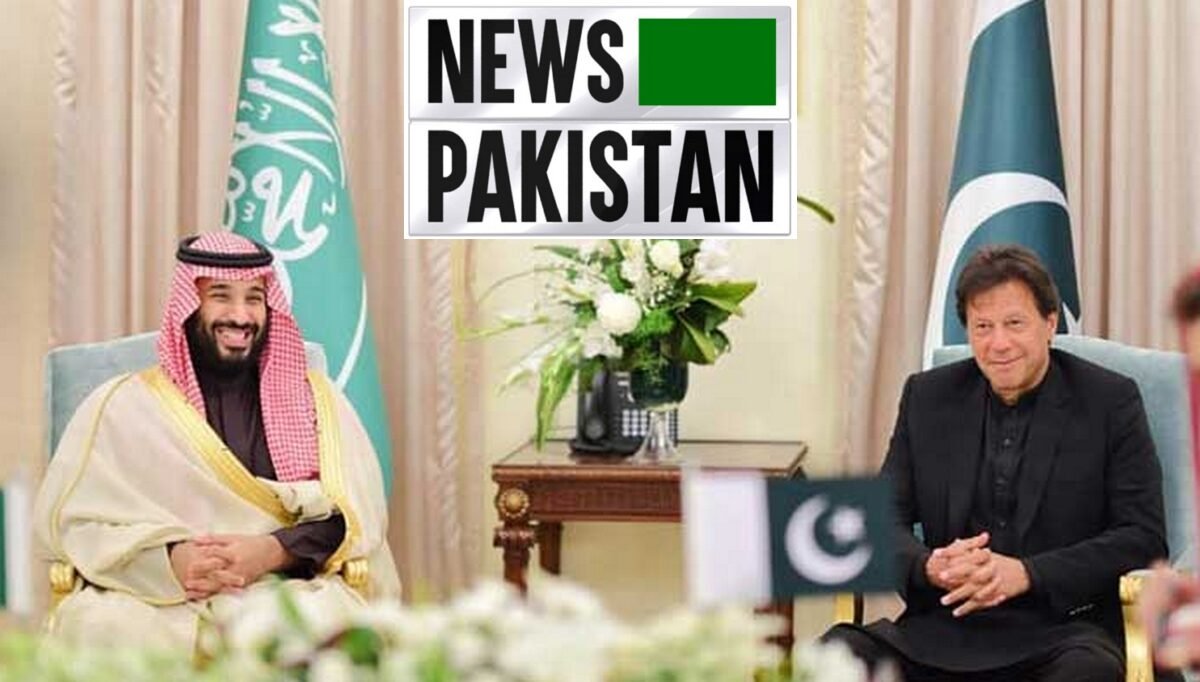UNITED NATIONS: One-in-four people do not feel valued at work, and those who do are mostly in senior positions, according to a new report launched on Wednesday by ILO.
Although diverse and inclusive workplaces generate greater productivity, innovation and well-being, ILO’s report ‘Transforming Enterprises through Diversity and Inclusion’, finds that too little is being done to make them a reality – particularly inclusion of minority groups – leaving enterprises, workers and societies missing out on significant gains.
“An equal, diverse and inclusive workplace is a key driver of resilience and recovery,” Manuela Tomei, Director of Conditions of Work and Equality Department, said in a statement.
While previous diversity and inclusion studies tended to focus on large multinational companies in high-income western countries, Transforming Enterprises has taken a different approach.
It gathers information from staff, managers, and senior executives encompassing diverse ages, genders, ethnicities, races, and religions in businesses of all sizes, throughout lower-middle income and upper-middle income economies.
The report found that a sense of workplace inclusion was more likely to be associated with seniority, as opposed to personal background or characteristics.
Ninety-two per cent of senior staff felt included, respected, and valued at work, compared to 76 per cent of lower-level respondents.
The workforce in medium-sized multinational companies were also more likely to feel positive, than those in small national enterprises.
Diversity and inclusion play a “critical role… in the high performance of the workforce, businesses, economies and societies globally,” the report says. “If inclusion remains a privilege experienced only by those at senior levels, enterprises risk missing out on…considerable benefits.”
Only a quarter of respondents reported that women made up a critical mass of 40 to 60 per cent of top management – and a third pointed out that there were no persons with disabilities at senior levels.
Some minority groups, which tended to be clustered in junior levels, also consistently reporter fewer positive experiences of being included.
“The COVID-19 pandemic exposed and exacerbated existing inequalities in our economies and societies,” Ms. Tomei said.
“An equal, diverse and inclusive workplace, is a key driver of resilience and recovery”.
Between July and September 2021, two-thirds of more than 12,000 employees in 75 countries surveyed throughout five regions acknowledged that since the start of the pandemic, the level of focus and action on workplace diversity and inclusion had increased.
A similar proportion said the pandemic had raised their expectations that employers should do more to promote diversity and inclusion.
The report says that the most likely way to influence enterprises to create sustainable and transformational change is by combining the business case for diversity and inclusion with policies, legislative frameworks and supportive enterprise values.
“Employees need to feel they are valued, respected, fairly treated and empowered through inclusive business practices, inclusive organizational culture and inclusive leadership,” said Deborah France-Massin, Director, ILO Bureau for Employers’ Activities.
“It is this transformational approach to diversity and inclusion that makes significant contributions to overall business performance”.
Transforming Enterprises defines “inclusion” as the experience people have in the workplace and the extent to which they feel valued for who they are, the skills and experience they bring, and the extent to which they have a strong sense of belonging with others at work.
ILO said the report was compiled using data gathered by the Bureau for Employers’ Activities (ACT/EMP) and the Gender, Equality, Diversity and Inclusion Branch (GEDI) of the ILO, working with employer and business membership organizations and diversity networks.
Newspakistan.tv | YouTube Channel











